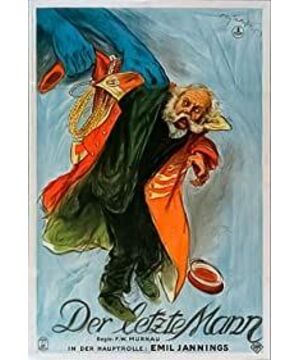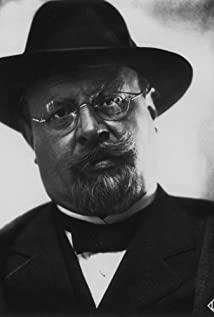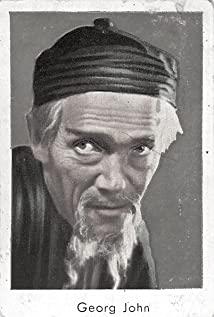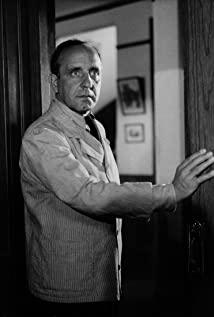"The Meanest Man" tells the very simple story of a cocky grand hotel janitor who turned into a miserable bathroom attendant overnight. In this way, the director can narrate slowly in 90 minutes, allowing the audience to fully feel the psychological state of the characters in the film. The film satirizes the powerful and powerful. The protagonist himself is also a clown under the powerful. A kind guest smiled and gave him a tip, but he even regarded it as a shame and put it aside. As for the episode at the end where the protagonist obtains tens of millions of inheritance, the director mischievously said in the film that it was "a happy ending that cannot happen in reality". In fact, it was a further irony. The protagonist who turned into a rich man went to the bathroom to wash his hands, and his hands were still covered with soap. He just touched the head of the waiter, handed him money and smoked cigars, he completely forgot his pain at that time.
The film was filmed in 1924, only 30 years after the invention of the earliest form of video camera, and only 10 years from Griffith's first feature film "The Birth of a Nation", which defined the smallest unit of film as the lens. In this film, the full use of the camera (follow-up, etc.) has also been widely praised by later generations. It is the enthusiasm of the filmmakers in the past that makes the film industry flourish today. I often see friends around me struggling to find positive energy. In fact, the best positive energy is what I usually take as a pastime when you are bored.
View more about The Last Laugh reviews










